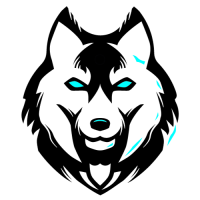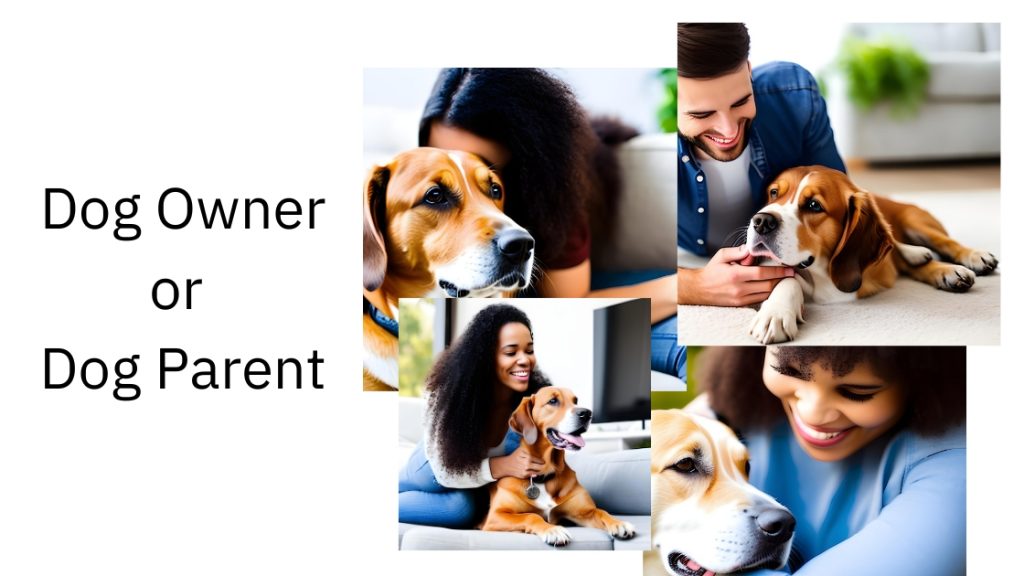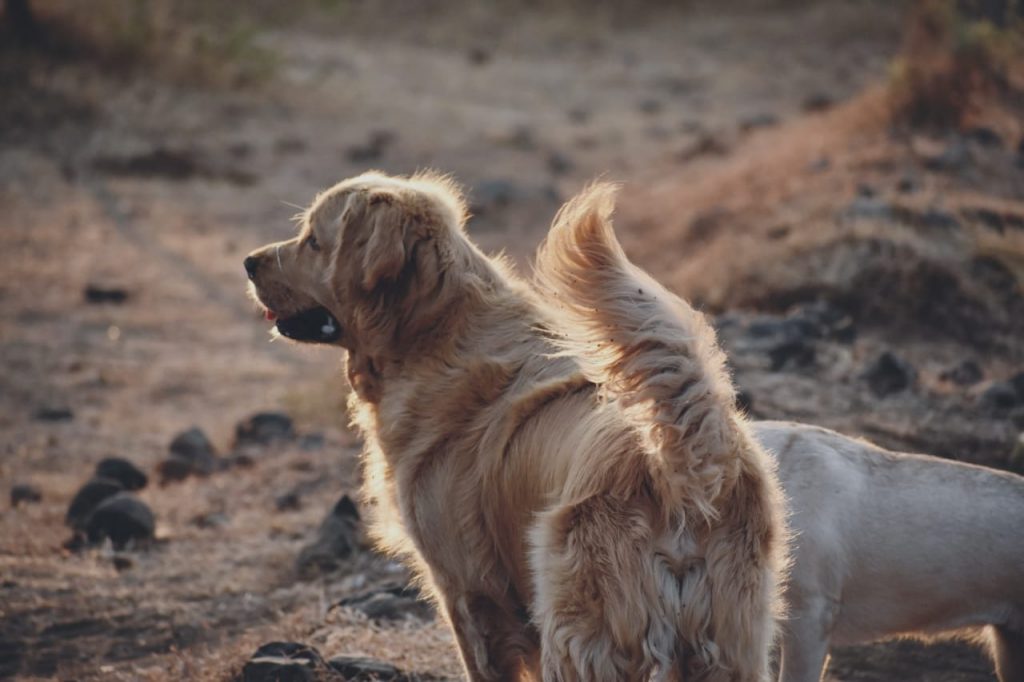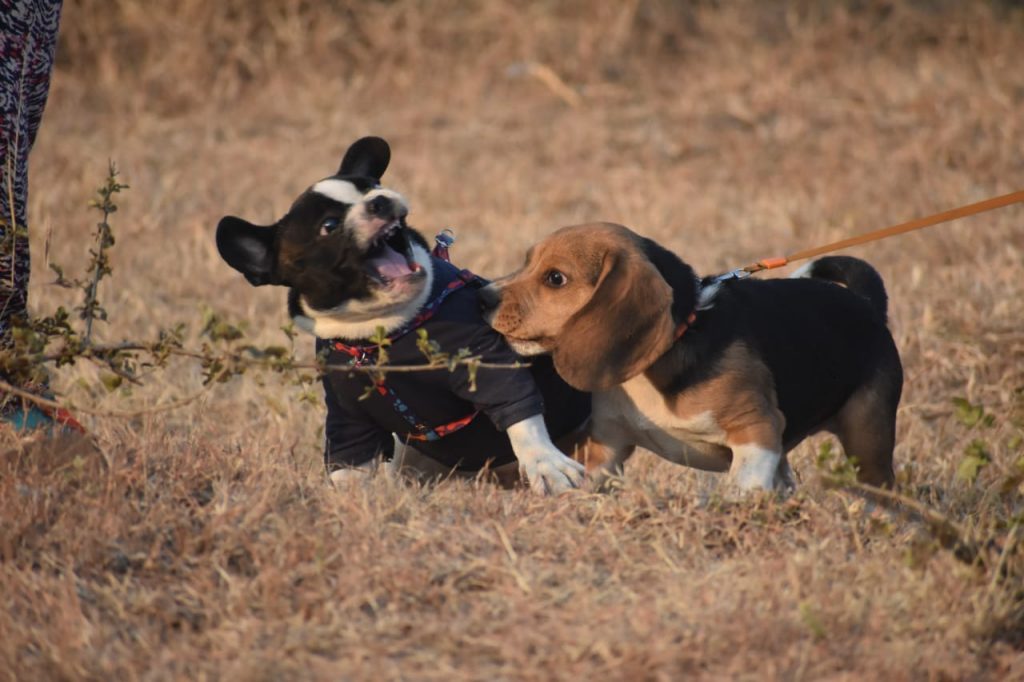Are you a dog owner? Or perhaps, you’ve never given much thought to how you refer to your beloved canine companion. In a world where dogs have become cherished family members, it’s time to reconsider the language we use to describe our relationship with them.
In this blog post, we delve into the significance of embracing the term “dog parents” instead of “dog owners.” By exploring the power of language and the evolving nature of our bond with dogs, we aim to highlight the importance of recognizing their emotional and psychological needs.
We’ll delve into the reasons why dogs are more than just possessions or commodities, discussing their dependence on us and the parallel between their psychological development and that of young children.
Furthermore, we’ll explore the true meaning of being a parent or guardian and how it aligns with our role as dog caretakers.
Finally, we’ll reflect on the need to redefine our terminology and the significance of understanding and respecting dogs as individuals.
So, whether you’ve always identified as a dog owner or are open to embracing the title of a dog parent, this article will shed light on the profound impact of language and our responsibility towards our dogs.
The Power of Language and its Impact
Language has a profound influence on our perception and behavior.
The way we label and categorize things shapes our mindset and actions. When we refer to ourselves as “dog owners,” it inadvertently creates a sense that dogs are mere possessions or commodities. However, our relationship with dogs goes beyond ownership.
We must recognize the importance of language in acknowledging the emotional and psychological needs of our canine companions.
Dogs as Dependent Beings
Psychologically, dogs’ minds are akin to those of 2-year-old children.
They rely on us for their well-being, guidance, and support.
Just as young children require assistance in navigating the world, dogs need our care and attention. Therefore, it is more fitting to consider ourselves as dog parents rather than owners.
Defining the Role of Parents and Guardians
The term “parent” or “guardian” encapsulates the essence of our responsibilities towards dogs.
Being a parent means creating a nurturing and growth-oriented environment for someone who cannot do it themselves.
It entails a lifelong commitment, as well as acceptance and respect for their individual identity.
By embracing the role of a parent, we acknowledge the significance of our canine companions and treat them with the love and care they deserve.
Rethinking Our Terminology
It’s time to reconsider the terminology we use to describe our relationship with dogs.
While the term “dog owner” might be deeply ingrained in our language, it fails to capture the depth of the bond we share with our dogs.
Dogs have become integral parts of our lives, and as such, our terminology should reflect this evolving companionship.
Whether we choose to call ourselves leaders, guardians, companions, or parents, what matters most is our understanding of their needs and our commitment to their happiness and well-being.
The Importance of Understanding and Respect
Regardless of the terms we use, what truly matters is our understanding of the canine species and our willingness to accept and respect their individual identities.
Dogs have become vital sources of emotional support, and our relationship with them has grown more complex.
By adopting the role of dog parents, we acknowledge the responsibility we have towards these remarkable creatures.
It is through this understanding and respect that we can ensure their happiness and overall health, regardless of the terminology we employ.
Let me know your opinion in the comments section 👇



